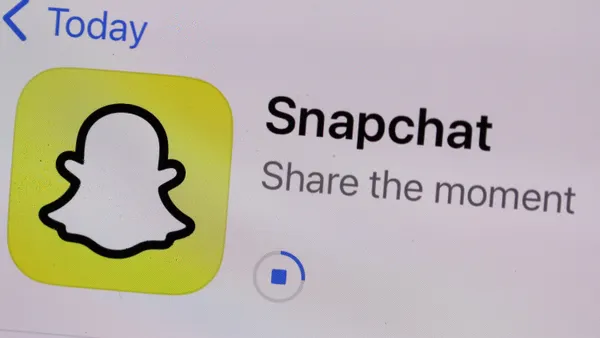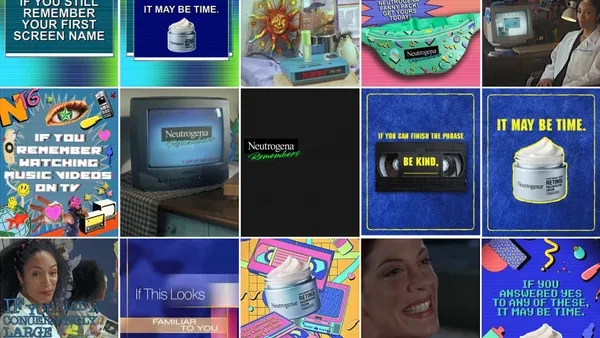Now that the massive force that is CES has come to a conclusion, there are some insights into what marketers can expect in 2015. In this heavily digital world, disruptions to the marketing industry come fast – and keep going.
To help prepare you for the year ahead, we’ve pulled together an overview of the biggest marketing disruptions to prepare for in 2015.
1. New Celebrity
The path to stardom is no longer a straight and narrow one to movies or TV. Hollywood is losing it’s dominance in determining who is or isn’t a “star.” YouTube – and increasingly other content sites like Reddit– has built an industry of propelling people into fame without the use of movies or television. Celebrity brand endorsements are now coming from YouTube vloggers and Grumpy Cats from Reddit.
While this disrupts the general order of celebrity endorsements, this shake up could be a plus for marketers in 2015. Web stars can promote products more efficiently and affordably than landing a sitcom star or a professional athlete. The process – however – could be a bit riskier. Finding popular web stars is easy – but finding the perfect fit for a brand niche is a bit of a challenge.
2. Local targeting
As consumers demand a more personalized experience, blanketed national campaigns could start fading into the background. People want local, personal, customized experiences – and respond more than ever to marketing targeted locally. The ubiquitous adoption of smart mobile devices is pushing that localized trend even faster.
National marketers can no longer ignore local search targeting: It’s time for a strategy. The fluidity necessary to keep local campaigns afloat is no small challenge. Brands will be hesitant to develop local search campaigns, but those that do will pull ahead.
3. The sharing economy
The Internet and mobile have created a global community where people can connect like never before. This connection – and a general shift with the millennial generation that wants to make a difference – has bred a sharing economy. Companies like Uber and Lyft have put taxi services on edge and services like Airbnb are making a dent in the hotel industry. People want an experience rather than stuff – and that comes from sharing.
The disruption for brands is that consumers could stop turning to them for goods and services, and rather to each other instead. To adapt, marketers will need to find ways to simulate a sharing economy in their own products and services.
4. Private messaging
Facebook may still rein king in social media world, but the ways people communicate are changing. Social sites, like Facebook and Twitter, no longer provide the intimacy or privacy needs that younger generations are looking for. The explosion in popularity of private messaging apps like Snapchat, Whatsapp, and even Facebook’s Messenger are increasingly where people are talking.
The challenge for marketers will be reaching people in their private conversations. Butting into the conversation will only alienate users. There is hope, however, as Snapchat has seen some success with in-app ads. The key will be to deliver an ad experience as close to the person-to-person experience as possible –not an easy task.












